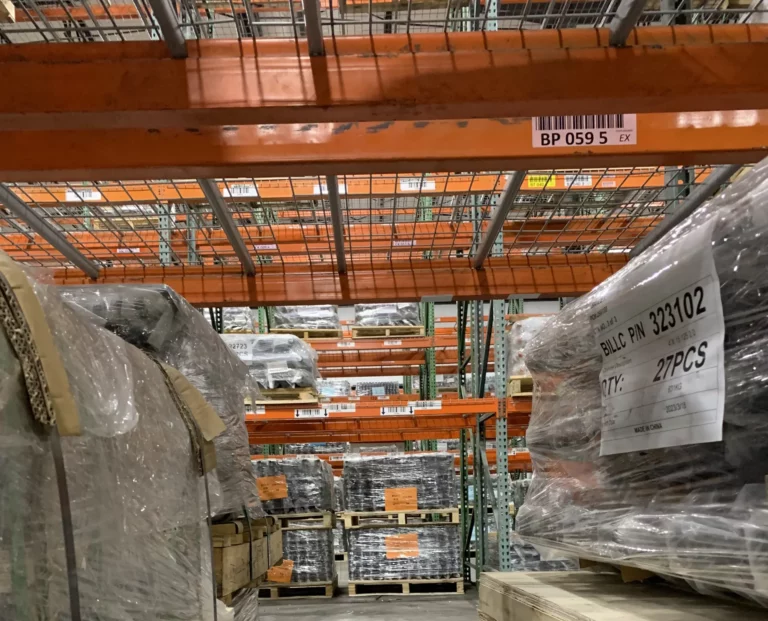Such incomplete data sources decrease operational efficiency and effectiveness. Access to accurate data at the right time enables manufacturing companies to improve efficiency, reduce costs, and stay competitive. However, many businesses still need help with various data gaps that get in the way of leveraging information to its fullest potential.
3 Biggest Data Gaps Facing Manufacturers Today
While the importance of data in manufacturing is evident, some challenges prevent most manufacturing businesses from fully utilizing analytics to optimize operations and make informed business decisions. The following are the three most common types of data gaps that hinder manufacturing performance if not addressed:
1. Lack of Production Data
One of the most prevalent and costly data gaps facing manufacturers is the lack of real-time production data. Some companies do not have visibility into metrics like machine uptime and downtime, line throughput speeds, labor hours, material usage, and quality inspection results collected directly from the plant floor equipment and systems—this makes it nearly impossible to track key performance indicators accurately. Without understanding productivity bottlenecks at the process level, significant amounts of unnecessary downtime, rework, scrap, excess inventory, and other non-value-added costs have already accumulated.
2. Silos of Customer and Sales Data
When customer, sales, and marketing data live in disconnected silos, it’s challenging to get a holistic view of customer needs, preferences, and purchasing patterns. Manufacturers lack insights into what their buyers truly want and value without a centralized system to aggregate customer interactions across channels. This siloed data can also cause manufacturers to miss opportunities for demand forecasting, new product development, and customer retention strategies.
If sales, production, and product management teams do not have a unified understanding of demand trends and feedback, they may struggle to project material requirements and schedule production runs. In addition, the lack of cohesive customer intelligence makes it hard to identify new product ideas that resonate with target audiences or keep existing clients satisfied and loyal over time.
3. Incomplete Supply Chain and Inventory Data
Manufacturers struggle to optimize supply chain operations and inventory management without complete visibility into suppliers, inventory levels, lead times, and item locations. This lack of transparency often leads to higher costs from maintaining excess inventory that sits idle or facing stockouts due to insufficient inventory levels—both can result in missed sales opportunities. Addressing this data gap would allow manufacturers to precisely right-size inventory levels, streamline procurement processes, and meet customer demand more reliably.
How to Identify and Close Data Gaps in Your Manufacturing Company
Manufacturers can identify data gaps through internal assessments of their data collection, management, and analysis processes. This includes evaluating what types of operational and business data are currently being captured, if it is centralized or dispersed across silos, and how the data is used for decision-making.
Once gaps are found, warehouse managers should prioritize the most impactful ones to address. Closing gaps involves developing a data strategy, standardizing systems, improving data governance, investing in tools to capture and analyze additional needed data sources, and changing organizational culture to emphasize the value of data-driven insights.
This is where consulting trusted warehousing solution providers like R & S Logistics comes in handy. As a leading third-party logistics or 3PL services provider, we have the expertise, technology, and warehouse management solutions to help manufacturers overcome common data gaps.
Companies that partner with us gain data-driven insights into operations, inventory, supply chain, quality, production, and more. We also offer consulting services to help align data strategies with business goals. Contact us today for more information.



